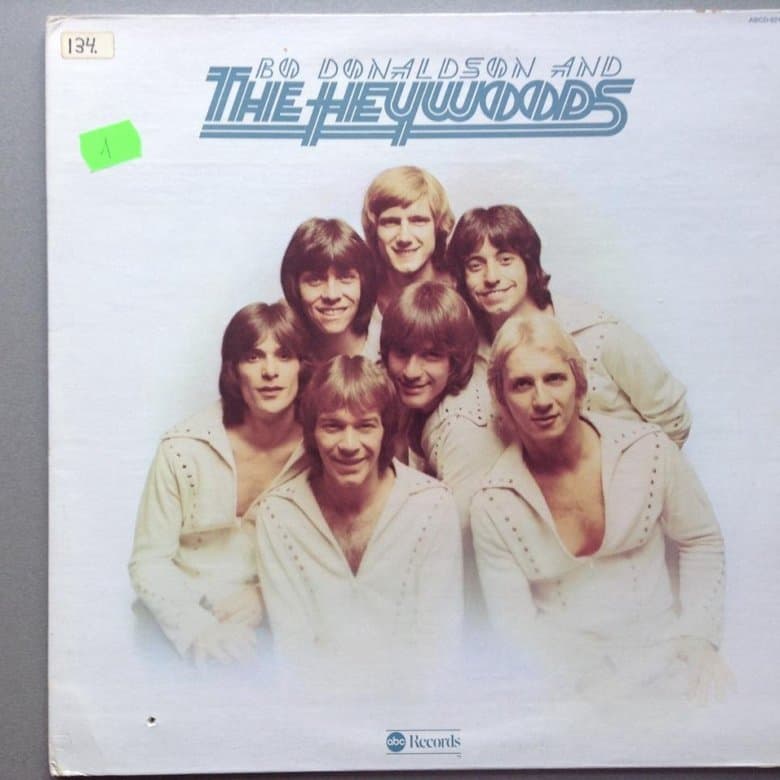
Billy Don’t Be a Hero” by Bo Donaldson and the Heywoods: A Polarizing Pop Phenomenon of the 1970s
In the summer of 1974, Bo Donaldson and the Heywoods catapulted to stardom with their rendition of “Billy Don’t Be a Hero”, a song that became as divisive as it was ubiquitous. Originally recorded by the British band Paper Lace, the Heywoods’ version struck a chord with American audiences, soaring to the No. 1 spot on the Billboard Hot 100 on June 15, 1974. The single sold over three and a half million copies, earning a gold disc from the RIAA and cementing its place as a defining hit of the year.
The song tells the tragic story of Billy, a young soldier who sacrifices his life on the battlefield, despite the pleas of his fiancée to stay behind. Its narrative, set against the backdrop of wartime, is underscored by a jaunty melody that contrasts sharply with its somber subject matter. This dissonance—an upbeat tune paired with a tale of loss—might explain both its widespread appeal and its critical derision.
“Billy Don’t Be a Hero” resonated deeply in the United States during the waning days of the Vietnam War. Its themes of sacrifice and the futility of heroism struck a chord with listeners navigating a time of national disillusionment. Yet, the song’s simplicity and sentimental approach divided opinion. Fans appreciated its sing-along quality and heartfelt narrative, while critics derided it as overly saccharine and emotionally manipulative.
The Heywoods’ version of the song enjoyed massive success beyond the U.S., finding receptive audiences in Latin America and Japan. However, it was largely overshadowed internationally by Paper Lace’s earlier rendition, which dominated charts in the UK and Australia. Despite its global popularity, the Heywoods’ version became emblematic of 1970s American pop culture, with its mass-market appeal and ability to capture the zeitgeist of the era.
Notably, the song’s legacy is a complex one. While it became one of the biggest hits of 1974—ranked No. 21 on Billboard’s year-end chart—it also garnered scorn in retrospect. Rolling Stone readers placed it at No. 8 on the “10 Worst Songs of the 1970s”, a dubious honor that highlights the enduring polarization it inspires.
For all its controversy, “Billy Don’t Be a Hero” remains a fascinating artifact of its time. It embodies the tension between commercial success and critical acclaim, illustrating how music can simultaneously capture the public’s imagination while being dismissed by purists. Love it or hate it, the song endures as a snapshot of 1970s pop—a tune that, for better or worse, refuses to fade from memory.